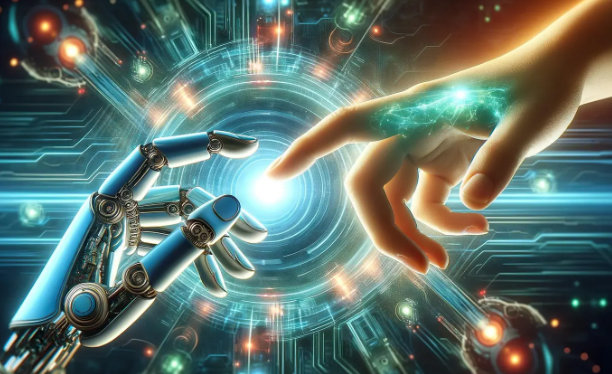The Future of Artificial Intelligence
Artificial Intelligence (AI) is rapidly transforming the way we live and work, making it a highly relevant topic in today’s tech-driven world. With advancements happening at lightning speed, understanding the future of AI can help individuals and businesses prepare for the changes ahead. This post explores some exciting possibilities and considerations surrounding the evolution of AI.
The Rise of Autonomous Systems
One of the most fascinating prospects for the future of AI is the development of autonomous systems. These are machines that can operate independently, making decisions based on data without human intervention. From self-driving cars to drones for delivery services, the potential applications are vast. As these technologies become more refined, they promise to improve efficiency, reduce human risk, and revolutionize industries like transportation, logistics, and even healthcare. However, this shift also raises ethical questions about accountability and job displacement, indicating a need for thoughtful regulation and public dialogue.
AI in Everyday Life
AI is set to become an integral part of our daily routines, enhancing how we interact with the world. Smart home devices, personal assistants, and recommendation algorithms are just the tip of the iceberg. Future AI developments may lead to more personalized user experiences, where technology anticipates our needs and preferences in real time. For example, imagine a virtual assistant that not only manages your appointments but also understands your wellness goals, providing tailored advice on nutrition and exercise. As AI continues to seep into various aspects of life, balancing its benefits with privacy concerns will be essential for users and developers alike.
The Role of AI in Problem-Solving
AI has shown remarkable potential in solving complex global challenges, including climate change, healthcare inequalities, and education access. By processing vast amounts of data, AI can identify patterns and solutions that may elude human analysis. For instance, in the fight against climate change, AI can optimize energy use, predict environmental changes, and even contribute to sustainable farming practices. As researchers and leaders tap into this potential, collaboration between AI developers, policymakers, and scientists will be crucial in crafting innovative solutions that benefit society as a whole.
In conclusion, the future of artificial intelligence is full of promise and potential challenges. As we stand on the brink of profound transformation, it’s essential to stay informed and engage in discussions around the ethical implications and societal impacts of AI. Whether you’re a tech enthusiast or a casual observer, there’s always more to learn about this ever-evolving field. So, dive deeper into the world of AI, and explore how it could shape your future!

